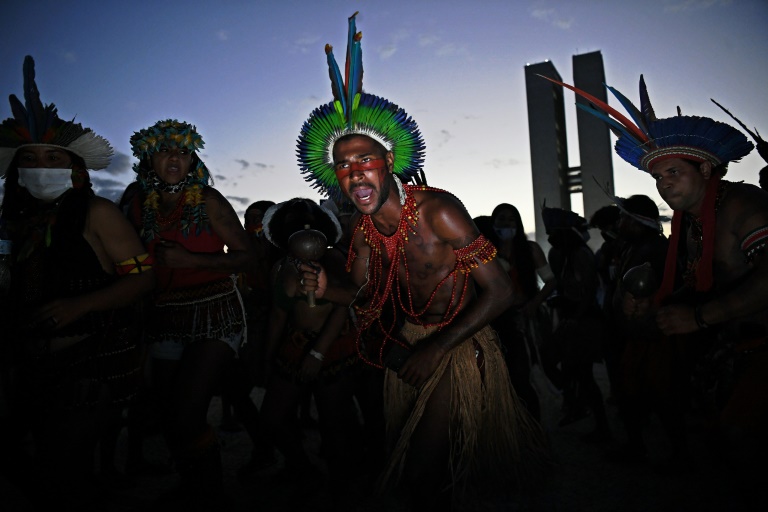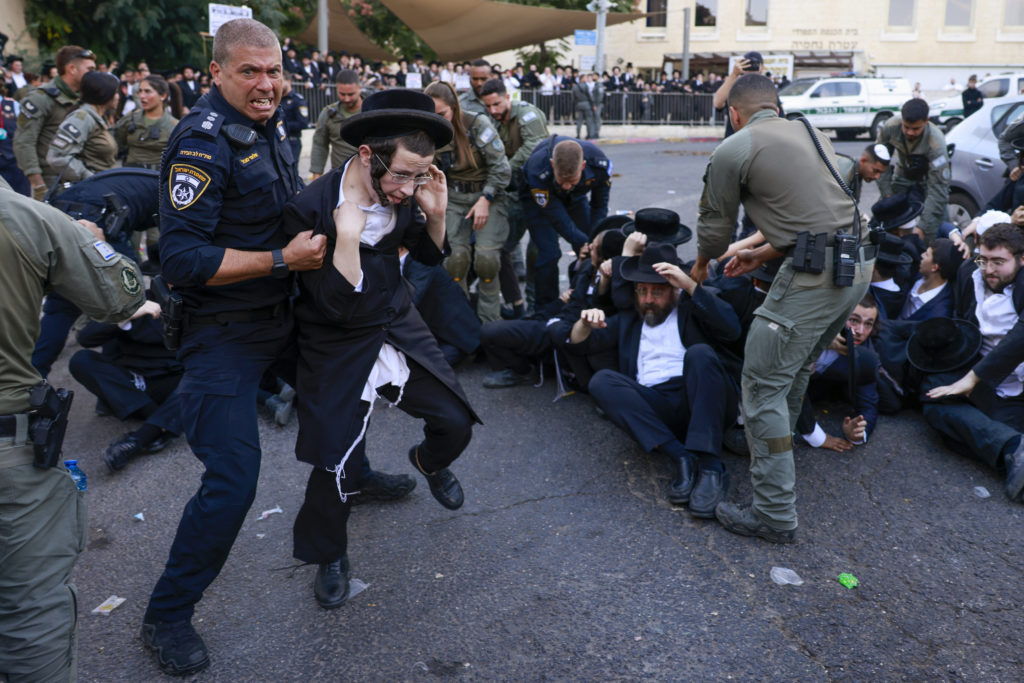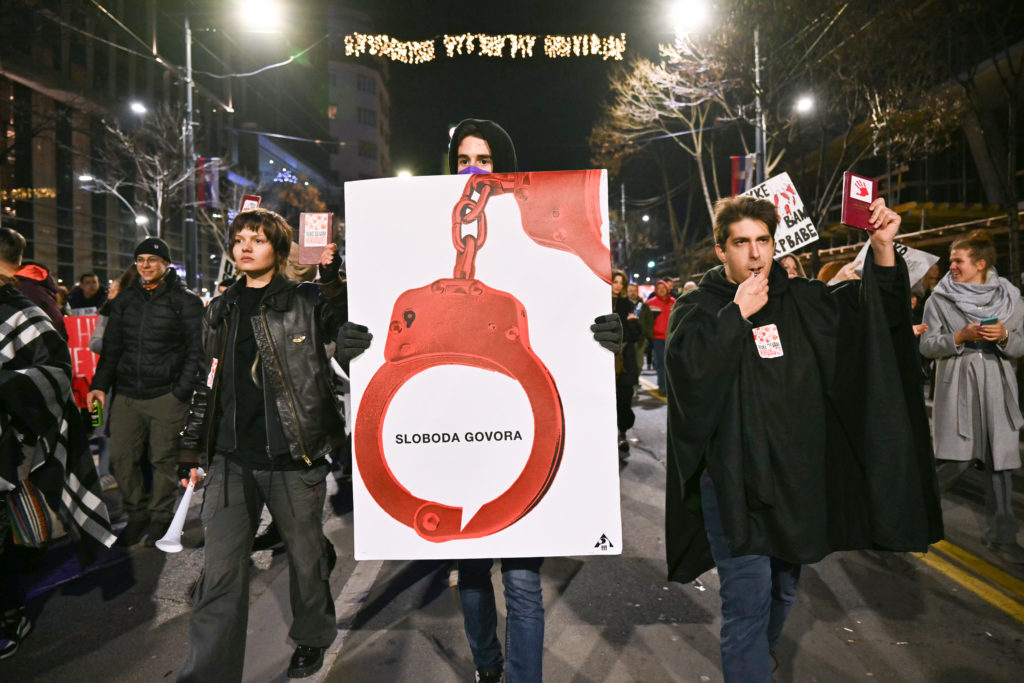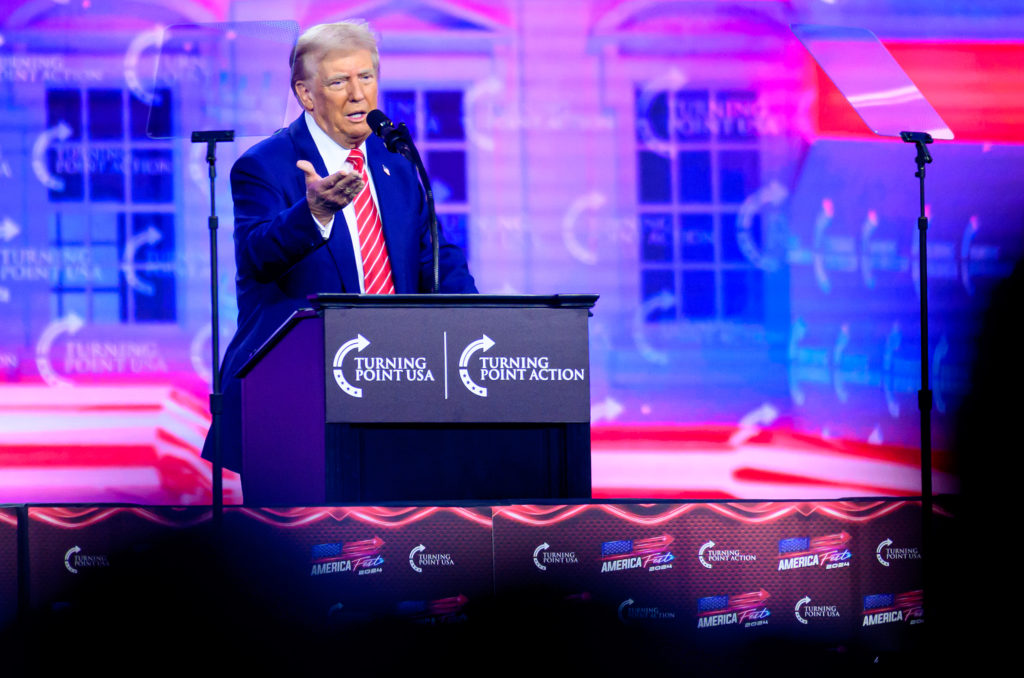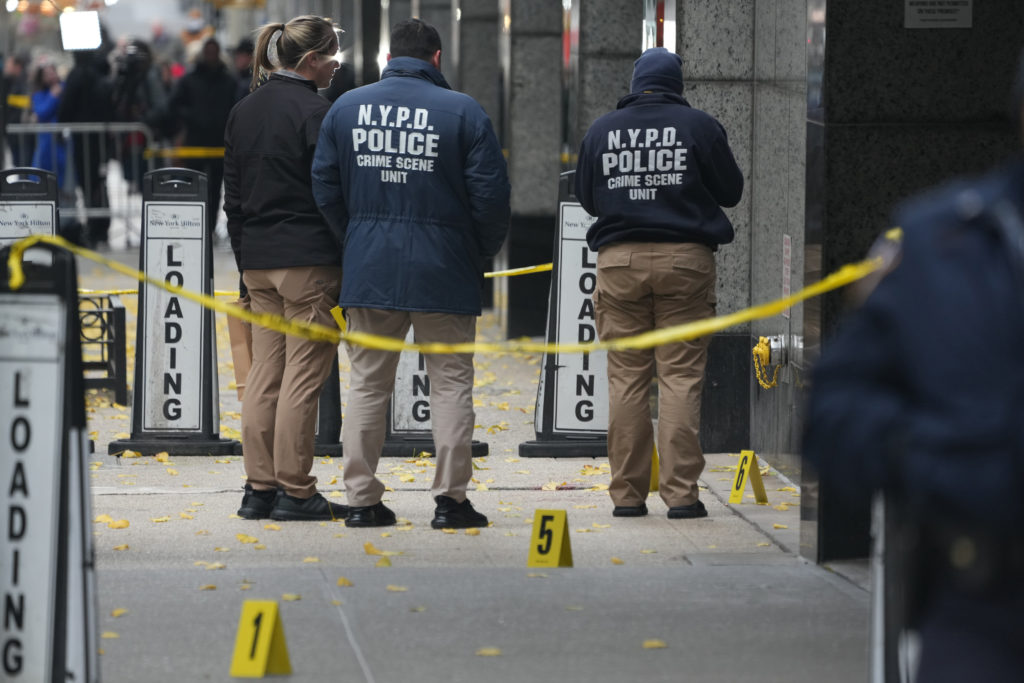Thousands of indigenous protesters gathered in the Brazilian capital, bearing bows and arrows and traditional headdresses, as the Supreme Court prepared to take up a case Wednesday that could eliminate reservations on their ancestral lands.
In what organizers say is the biggest indigenous protest ever in Brazil, an estimated 6,000 demonstrators prepared to march to the high court when it opens its session to consider a case that could remove protected status for some native lands, opening them to agribusiness and mining.
The protesters, who hail from more than 170 ethnic groups, are also fighting what they call systematic persecution under President Jair Bolsonaro since the far-right leader took office in 2019.
They held a candlelight vigil Tuesday night in the square bordered by the presidential palace, the Supreme Court and Congress in Brasilia, dancing and singing to the beat of drums.
“This government is attacking indigenous peoples,” said Syrata Pataxo, a 32-year-old chief of the Pataxo people from the northeastern state of Bahia.
“Today all humanity is calling for the Amazon rainforest to be protected. But the government wants our rainforest, the lungs of the planet, to be replaced by soybeans and gold mining,” he told AFP, decked out in elaborate body paint.
The case revolves around the Brazilian constitution’s protection of indigenous lands.
The agribusiness lobby argues those protections should only apply to lands whose inhabitants were present in 1988, when the constitution was adopted.
Indigenous rights activists argue the constitution mentions no such cutoff date, and that native inhabitants have often been forced from their ancestral lands.
“All Brazil is indigenous land. We’ve always lived here,” said Tai Kariri, 28, a leader of the Kariri people from the northeastern state of Paraiba.
The case involves a reservation in the southern state of Santa Catarina but will set legal precedent for dozens of similar cases.
Bolsonaro warned Tuesday that “chaos” would ensue if the court did not rule in favor of the 1988 cutoff.
The case echoes legislation before Congress that would enshrine that “time-frame argument” in law.
The bill is one of several that indigenous activists and environmentalists say Bolsonaro and his allies are trying to use to further the advance of agriculture and industry into Brazil’s rapidly disappearing forests.

